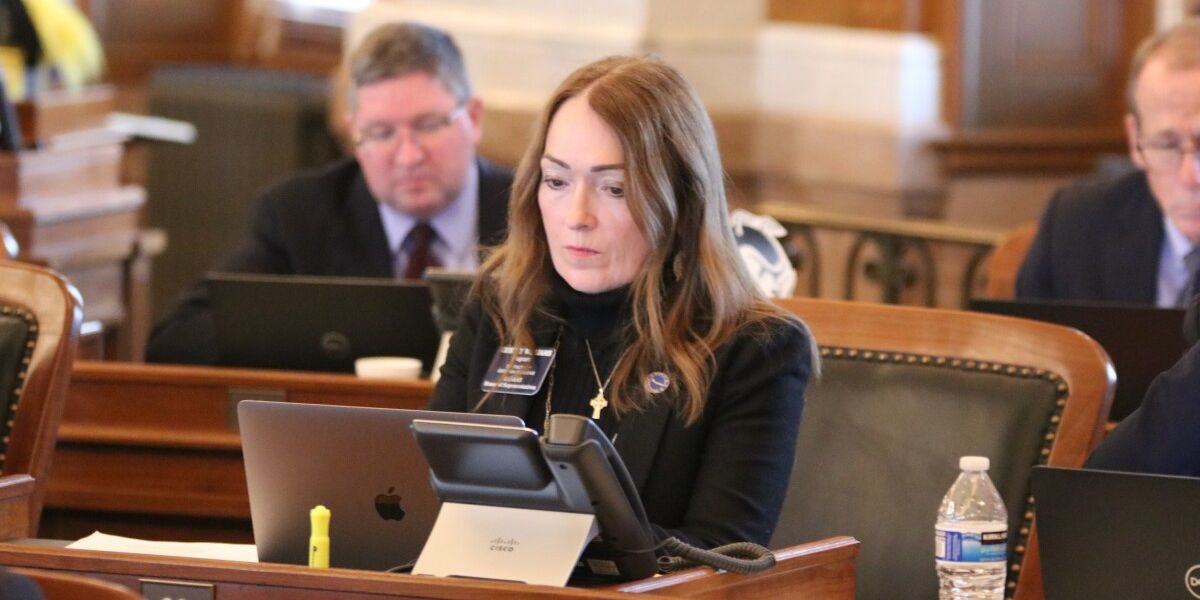Kansas Education Bill Rejected: A Blow to Special Education Advocates
On Thursday, the Kansas Senate rejected a K-12 school budget due to strong opposition from public education groups.
The Kansas Senate voted 12 to 26 to reject a proposed budget that fully financed schools and offered $77.5 million in increased funding for special education while changing the way the state calculates special education spending. Earlier that day, the House barely approved the bill.
Key public education advocates, including the Kansas Association of School Boards and the Kansas National Educators Association, the state’s largest teachers union, had opposed the measure, claiming it was an accounting trick that denied schools funding for disabled students in desperate need.
“This law does not provide a long-term plan to fully fund special education. Instead, it provides a one-time $77 million increase, as well as a series of accounting tricks that falsely claim that Special Education would be adequately funded in the future,” the organizations stated in a statement Wednesday.
The bill’s rejection almost certainly means that the Legislature will begin a weeks-long holiday on Friday without passing money for public schools.
In recent years, public school activists have repeatedly urged for a significant boost in special education funding. Democratic Governor Laura Kelly recommended a $375 million raise over the next five years, payable in $75 million increments.
Instead, Republicans crafted a bill that included $77.5 million in new funds while counting local discretionary dollars as part of the state’s special education spending – an accounting maneuver that could bring Kansas into compliance with spending requirements without significant funding increases.
Several Republicans joined Democrats in opposing the plan, claiming it would affect their local school districts that rely on that funding and provide an excuse for the Legislature to underfund special education in the future.
Rep. Bill Clifford, a Garden City Republican, opposed the bill, describing the changes to the special education formula as “a shell game.”
“Certainly my school districts would be negatively impacted at some point,” he went on to say.
Senate Democrats spoke out against the plan, claiming it was understudied and may hurt districts across the state. “That is something we all need to be concerned about,” said Sen. Cindy Holscher, a Democrat from Overland Park.
Republicans had contended that the money was intended for special education pupils and should be used accordingly.
“For the last seven years the LOB money that has been generated off of the excess costs of special education students has gone not into the special education fund where it should rightly go but it has gone into the general fund or the athletic fund or the increase the salary for the superintendent fund,” Rep. Scott Hill, a Republican from Abilene, said.
“Increasing our responsibility for special ed and at the same time cleaning up what local districts do with special ed money makes sense.”
Rep. Kristey Williams, an Augusta Republican, claimed Kelly’s proposal would deviate from standard financial processes.
She stated that the Legislature cannot hold future Legislatures accountable for funding commitments. She stated that new funding for special education will always be available.
“I want to make sure that special education is funded today and this gives them $77.5 million more than they had,” she was quoted as saying.











